Katyń Museum
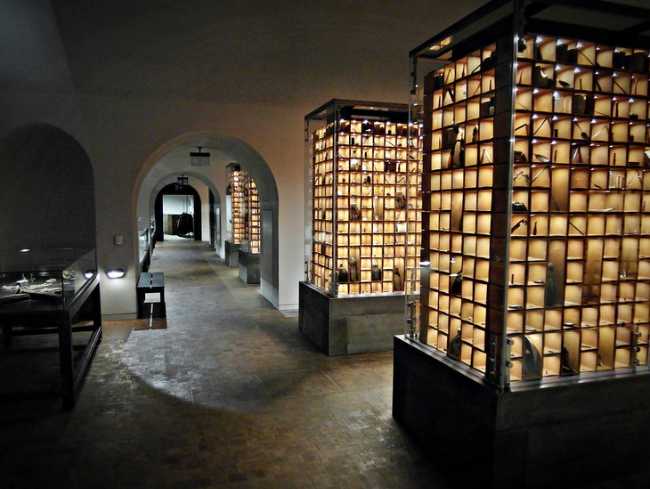
The Katyń Museum in Warsaw is a solemn memorial and research institution dedicated to the victims of the 1940 Katyń Massacre, in which over 22,000 Polish officers and intellectuals were executed by the Soviet NKVD. Located within the historic Warsaw Citadel, the museum offers a powerful narrative through personal artifacts, documents, and multimedia exhibits that trace the fate of those murdered and the decades-long struggle for historical truth. Its architectural design leads visitors along a symbolic path echoing the journey of the victims, culminating in deeply moving displays of recovered items from mass graves. Established in 1993 and relocated to its current site in 2015, the museum serves as both a place of remembrance and education, highlighting the impact of totalitarian violence on Polish society. With free admission and multilingual audio guides available, it invites reflection on a chapter of history that was long suppressed and remains essential to understanding Poland’s 20th-century experience.
Warsaw PolandThe Katyń Museum is located at Jana Jeziorańskiego 4, within the historic Warsaw Citadel complex in the northern part of central Warsaw. Established in 1993 and relocated in 2015 to this imposing site, the museum stands as a solemn tribute to the 22,000 Polish officers and citizens murdered during the 1940 Katyn Massacre by the Soviet NKVD. The museum’s setting inside the former military fortress enhances its powerful atmosphere, with a thoughtfully designed moving trail guiding visitors through exhibits of personal artifacts, documents, and multimedia presentations that recount the tragic history. Nearby, visitors can explore the Romualda Traugutta Park, home to the poignant Monument to the Fallen and Murdered in the East, often associated with the Katyn Massacre. The area is accessible via the Park Traugutta tram stop, served by several lines, and offers a peaceful, reflective environment complemented by the historic significance of the Citadel grounds. The neighborhood combines military history with green spaces, making the Katyń Museum a significant cultural and historical destination in Warsaw’s northern city center. The museum is free to enter and provides English audio guides, enriching the visitor experience.
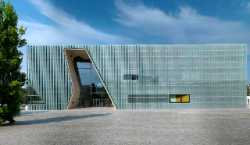 POLIN Museum of the History of Polish Jews
Warsaw
POLIN Museum of the History of Polish Jews
Warsaw
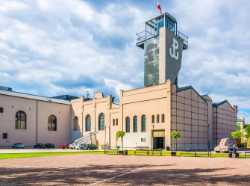 Warsaw Uprising Museum
Warsaw
Warsaw Uprising Museum
Warsaw
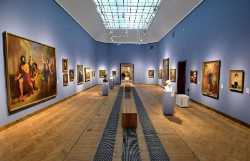 National Museum in Warsaw
Warsaw
National Museum in Warsaw
Warsaw
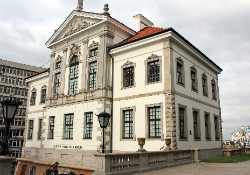 Fryderyk Chopin Museum
Warsaw
Fryderyk Chopin Museum
Warsaw
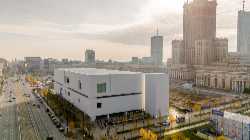 Museum of Modern Art
Warsaw
Museum of Modern Art
Warsaw
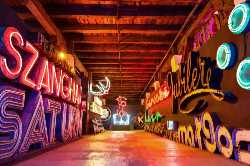 Neon Museum Warsaw
Warsaw
Neon Museum Warsaw
Warsaw
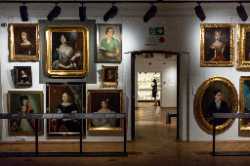 Museum of Warsaw
Warsaw
Museum of Warsaw
Warsaw
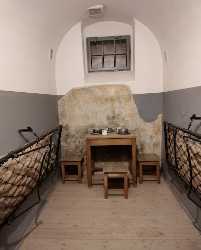 Pawiak Prison Museum
Warsaw
Pawiak Prison Museum
Warsaw
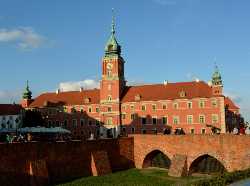 Royal Castle in Warsaw
Warsaw
Royal Castle in Warsaw
Warsaw
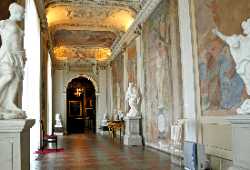 Wilanów Palace
Warsaw
Wilanów Palace
Warsaw
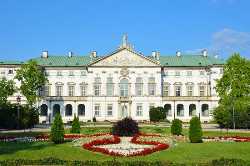 Krasiński Palace
Warsaw
Krasiński Palace
Warsaw
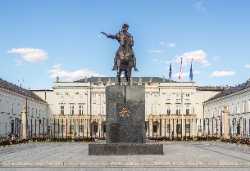 Presidential Palace Warsaw
Warsaw
Presidential Palace Warsaw
Warsaw
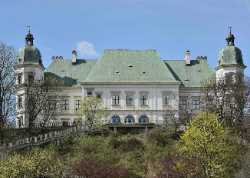 Ujazdów Castle
Warsaw
Ujazdów Castle
Warsaw
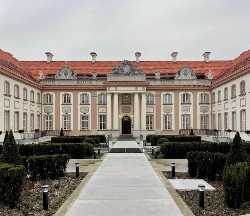 Branicki Palace
Warsaw
Branicki Palace
Warsaw
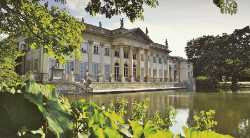 Łazienki Park
Warsaw
Łazienki Park
Warsaw
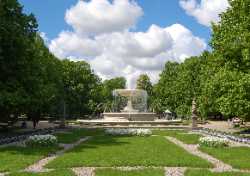 Saxon Garden
Warsaw
Saxon Garden
Warsaw
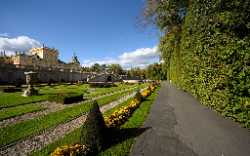 Wilanów Park
Warsaw
Wilanów Park
Warsaw
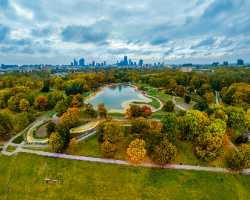 Mokotów Field
Warsaw
Mokotów Field
Warsaw
 Skaryszewski Park
Warsaw
Skaryszewski Park
Warsaw
 Botanical Garden of the University of Warsaw
Warsaw
Botanical Garden of the University of Warsaw
Warsaw
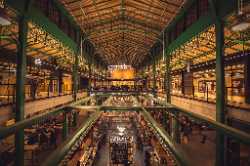 Hala Koszyki
Warsaw
Hala Koszyki
Warsaw
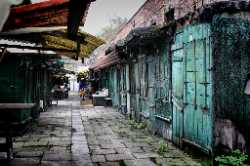 Bazar Różyckiego
Warsaw
Bazar Różyckiego
Warsaw
 BioBazar
Warsaw
BioBazar
Warsaw
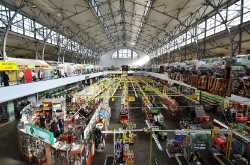 Hala Mirowska
Warsaw
Hala Mirowska
Warsaw
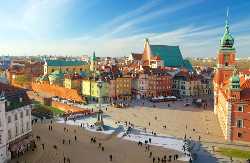 Castle Square
Warsaw
Castle Square
Warsaw
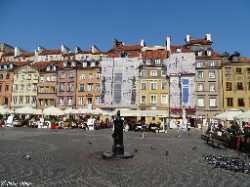 Rynek Starego Miasta
Warsaw
Rynek Starego Miasta
Warsaw
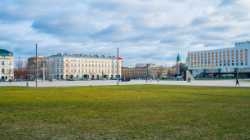 Piłsudski Square
Warsaw
Piłsudski Square
Warsaw
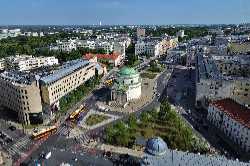 Three Crosses Square
Warsaw
Three Crosses Square
Warsaw
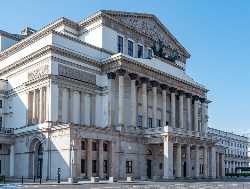 Grand Theatre
Warsaw
Grand Theatre
Warsaw
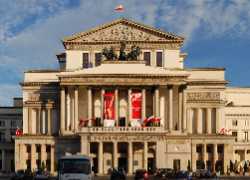 Warsaw National Theatre
Warsaw
Warsaw National Theatre
Warsaw
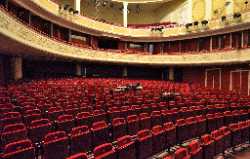 Teatr Polski
Warsaw
Teatr Polski
Warsaw
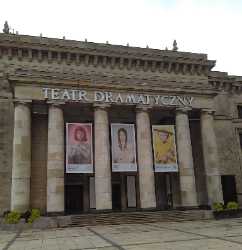 Dramatic Theatre
Warsaw
Dramatic Theatre
Warsaw
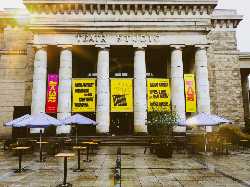 Studio Theatre
Warsaw
Studio Theatre
Warsaw
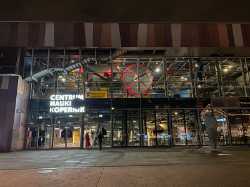 Copernicus Science Centre
Warsaw
Copernicus Science Centre
Warsaw
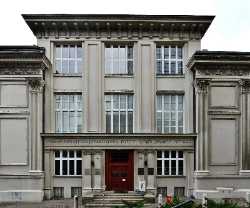 Jewish Historical Institute
Warsaw
Jewish Historical Institute
Warsaw
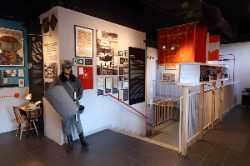 Museum of Life under Communism
Warsaw
Museum of Life under Communism
Warsaw
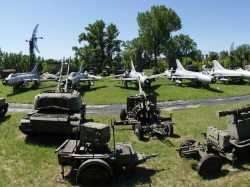 Polish Army Museum
Warsaw
Polish Army Museum
Warsaw
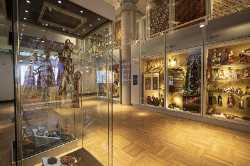 National Museum of Ethnography
Warsaw
National Museum of Ethnography
Warsaw
 Museum of Caricature
Warsaw
Museum of Caricature
Warsaw
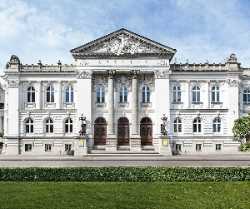 Zacheta
Warsaw
Zacheta
Warsaw
 Legia Warsaw Museum
Warsaw
Legia Warsaw Museum
Warsaw
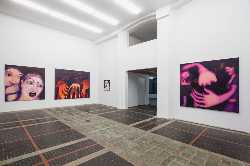 Raster Gallery
Warsaw
Raster Gallery
Warsaw
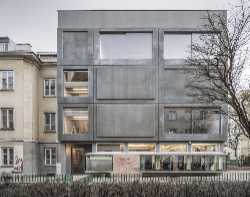 Foksal Gallery
Warsaw
Foksal Gallery
Warsaw
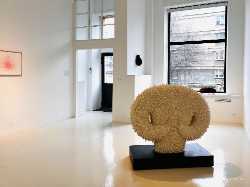 LETO Gallery
Warsaw
LETO Gallery
Warsaw
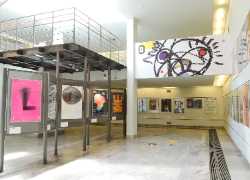 Polish Poster Gallery
Warsaw
Polish Poster Gallery
Warsaw
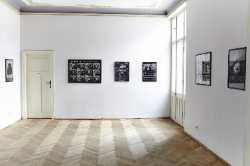 lokal_30
Warsaw
lokal_30
Warsaw
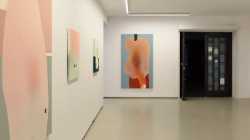 Monopol Gallery
Warsaw
Monopol Gallery
Warsaw
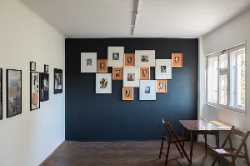 Galeria Asymetria
Warsaw
Galeria Asymetria
Warsaw
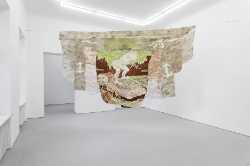 Wschód Gallery
Warsaw
Wschód Gallery
Warsaw
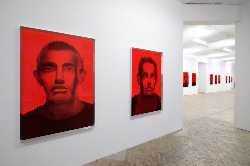 Piktogram Gallery
Warsaw
Piktogram Gallery
Warsaw
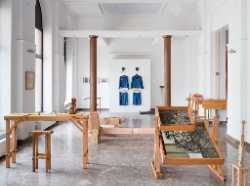 Polana Institute
Warsaw
Polana Institute
Warsaw
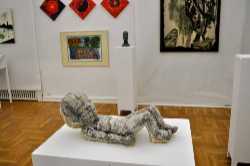 Salon Akademii
Warsaw
Salon Akademii
Warsaw
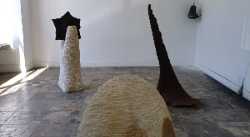 Galeria XX1
Warsaw
Galeria XX1
Warsaw
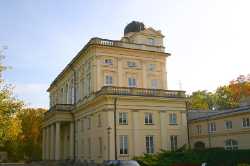 Warsaw University Observatory
Warsaw
Warsaw University Observatory
Warsaw